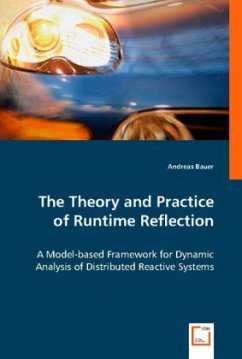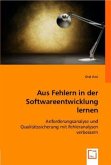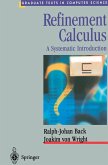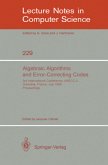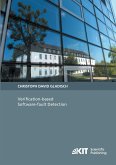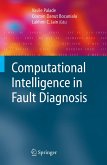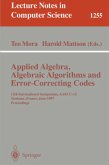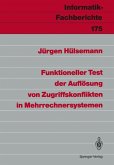As interactions and dependencies within distributed reactive systems increase, the problem of detecting failures which depend on the exact situation and environmental conditions they occur in grows. As a result, not only the detection of failures is increasingly difficult, but also the differentiation between symptoms of a fault, and the actual fault itself. This work proposes an efficient approach for the dynamic analysis of such systems. It introduces a framework, referred to as runtime reflection framework, for the detection of failures as well as identification of their causes. Failure detection is based upon monitoring systems w.r.t. their properties, defined in a custom high-level specification language. Properties are translatable into temporal logics for which efficient monitors can be generated. Based on the monitors' verdicts, a dedicated failure diagnosis is performed to identify explanations for an observed deviation. Either this confirms that a monitor detected the root cause for a failure, or indicates that the fault is located elsewhere. This book develops both the theoretical foundations for runtime reflection as well as efficient means for its implementation.
Bitte wählen Sie Ihr Anliegen aus.
Rechnungen
Retourenschein anfordern
Bestellstatus
Storno

